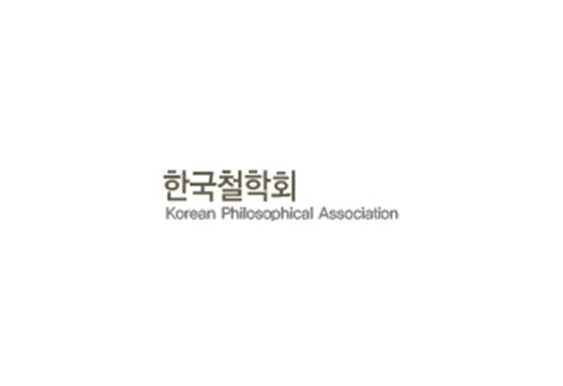칸트에게서 결혼의 행복론적 가치와 현재적 의미
The Eudaimonic Value and Present Meaning of Marriage in Kant
이철우
계명대학교
철학
2024, vol., no.160, pp. 1-26 (26 pages)
10.18694/KJP.2024.8.160.1
한국철학회
초록
칸트에게서 결혼의 가치는 기본적으로 출산이라는 자연법적 전통으로부터 벗어나 성행위의 합법적 승인을 위한 계약론적 제도의 확립에 있다고 볼 수 있다. 그런데 칸트는 다른 한편으로 성행위 자체의 도덕적 정당화를 위해 종의 보존이라는 자연목적론적인 관점을 다시 끌어들인다. 따라서 칸트는 언뜻 보면 결혼에 관한 자연법적인 전통과 근대의 계약론적 정당화 사이에서 정확한 이론적 확립을 하지 못한 채 비일관적인 논조에 머물러 있는 것처럼 보인다. 이 문제에 직면하여 본 논문은 ‘칸트와 함께 칸트를 넘어섬’이라는 모토 아래 칸트에게서 결혼의 가치를 ‘자율적 행복론’이라는 그의 전체 도덕체계 안에서 해명하려는 목표를 갖고 있다. 이 경우 칸트에게서 결혼의 가치는 결혼 당사자들이 존중과 책임에 근거한 자율적-인격적 결합을 통해 함께 살면서 추구하는 좋은 삶으로서의 행복에 있다고 말할 수 있으며, 이것은 결혼에 관한 계약론적-목적론적 두 시선을 모두 포괄한다. 이 테제를 논변하기 위하여 본 논문은 먼저 칸트에게서 성행위의 합법적 승인을 위한 계약론적 제도로서의 결혼의 의미를, 결혼공동체의 성격과 그 구성원의 자격 해명의 시각에서 명료화하여 본다. 다음으로 이에 연결하여 칸트에게서 결혼이 가져다 줄 수 있는 좋은 삶으로서의 행복의 개념을 해명한다. 끝으로 앞의 논변에 근거하여 오늘날 소위 ‘결혼의 종말’을 외치는 시대에 칸트에게서 결혼의 행복론적 가치가 갖는 현재적 의미를 짧게 논한다.
In Kant, the value of marriage can be seen as fundamentally breaking away from the natural law tradition of procreation and establishing a contractual system for the legal recognition of sexual activity. However, on the other hand, Kant again draws on the natural teleological perspective of the preservation of the species in order to morally justify sexual activity itself. Therefore, at first glance, Kant seems to have failed to establish a precise theoretical basis between the natural law tradition of marriage and the modern contractual justification, remaining in an inconsistent tone. In the face of this problem, under the motto of ‘With Kant beyond Kant,’ I will explain the value of marriage in Kant within his entire moral system of ‘autonomous eudaimonia.’ In this case, the value of marriage in Kant can be said to lie in the happy life pursued by the parties to marriage through an autonomous-personal union based on respect, love and responsibility, which encompasses both the contractual and teleological perspectives on marriage. In order to argue this thesis, I will first clarify the meaning of marriage as a contractual system for the legal recognition of sexual activity in Kant from the perspective of the character of the marriage and the explanation of the qualifications of its members. Next, I will explain the concept of happiness as a good life that marriage can bring in Kant. Finally, I will briefly discuss the current meaning of the eudaimonic value of marriage in Kant in today’s era when people are calling for the so-called ‘end of marriage.’

